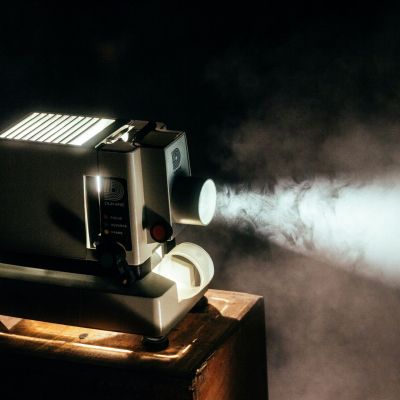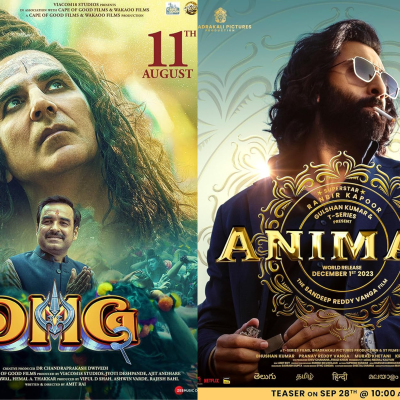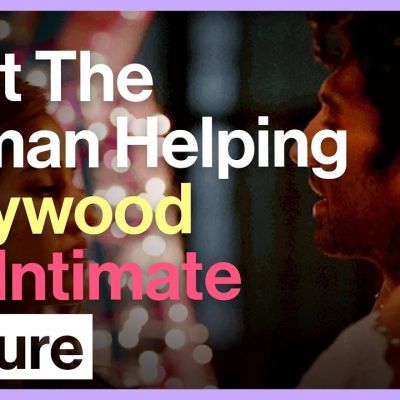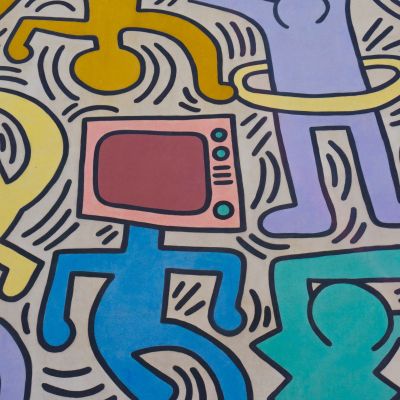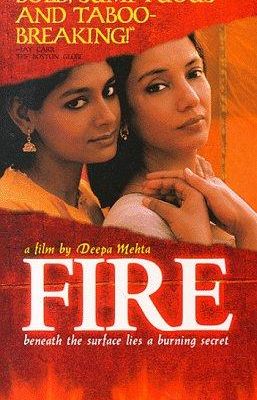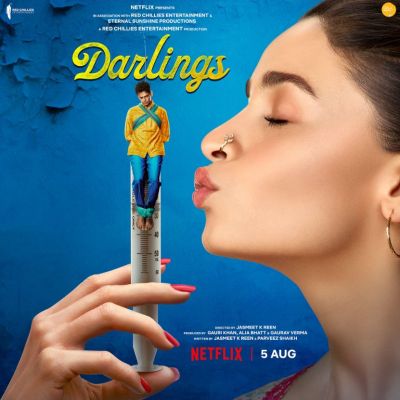Bollywood
अपने बच्चों को बाहरी दुनिया की बुराइयों से बचाने की अपने यक़ीन के कारण भारतीय परिवार इस सच्चाई को नज़रअंदाज़ कर देते हैं कि बच्चों को भी दुनिया को समझने के लिए तैयारी की ज़रुरत होती है।
Despite the progress made, Hindi cinema still faces challenges in accurately representing the diversity of LGBTQ+ experiences. Critiques have been raised regarding the tendency to prioritize cisgender, upper-class narratives.
As individuals who are now privileged enough to address issues concerning mental and emotional health as compared to our parents and the generations before them, it is still quite disturbing to observe emotional/ psychological violence happening to women at different levels.
We decided to watch Animal and OMG 2 and found that both the movies bring up many of the issues that we work on.
Aastha Khanna is India’s first intimacy coordinator who is making sure that a film’s vision is realised without flouting anyone’s boundaries, or leading to general awkwardness on set, especially when it comes to intimate scenes.
I was not simply stuck within the binaries of “same-sex” or “opposite sex,” assuming that any reference to “same-sex” is in itself already revolutionary. But the call to recognise friendship, is a call to recognise so many forms of community that are made invisible by the emphasis within a liberal or conservative framework on “marriage” as the only path to family making.
Fire served as a seminal piece of media in my life for that reason, not only because of its queer themes and normalisation of LGBTQ+ relationships but because of how it normalises the pursuit of pleasure as a fundamental part of us, and not something we should be ashamed of.
Darlings, a recent Netflix release featuring Alia Bhatt and Shefali Shah and their endearing performances, wins our hearts. In the…
This article explores how women are constructed as a ‘space’ manufactured by men to seek comfort, but void of having any active agency or participation in that space itself. I seek to bring this out in this article by drawing a parallel between the nineteenth century ‘Bharat Mata’ (Mother India) and the depiction of the twenty-first century ‘heroine’ in Bollywood movies.
I was not simply stuck within the binaries of “same-sex” or “opposite sex,” assuming that any reference to “same-sex” is in itself already revolutionary. But the call to recognise friendship, is a call to recognise so many forms of community that are made invisible by the emphasis within a liberal or conservative framework on “marriage” as the only path to family making.
Members of a fandom are not just passive consumers but active co-creators who imagine and build new worlds around their objects of adoration. Fandom communities offer fans the freedom of being able to imagine, create and share all sorts of scenarios, including romantic, erotic and sexual ones.
People looking for queer plots in Bollywood are sometimes disappointed, as the focus on marriage in many films seems to suggest that Bollywood is a conservative genre invested in sanctifying reproductive heteronormativity.
Attire and sexuality in the common imagination and approach as represented (and also as received) by the mainstream media tell us a lot about prevailing attitudes to both. Advertisements bombard us with all kinds of representations, negative and positive, of human sexuality, sexual expression and desire. In the creation and marketing of attire and fashion, there is a great awareness of sexual buy-in or rejection by the market – that’s us.
Sexuality is taboo in our context, and expressions of it publicly or even in the home setting outside the bedroom, especially by those who are not in ‘legitimate’ relationships ‘alarm the modesty’ and are generally considered anti-culture or simply categorised as Western concepts.
And so, in the mid-month issue we have Shweta Krishnan examining the place of political incorrectness in stand-up comedy, Rohini Banerjee talking about how fanfiction allowed her to delve into alternative worlds, and…


